According to recent data, the number of billionaires worldwide has reached an all-time high, with over 3,300 individuals holding a net worth of at least $1 billion. This surge is not limited to the global stage, as the United States also boasts a record number of billionaires, with over 700 individuals meeting the $1 billion threshold. The collective wealth of these billionaires has also seen a significant increase, with many now holding assets worth tens of billions of dollars.
Experts attribute this phenomenon to policy changes that have made it easier for individuals to accumulate and retain vast fortunes. The 2017 Tax Cuts and Jobs Act, for instance, lowered corporate tax rates and eliminated the alternative minimum tax, allowing companies to retain more profits and distribute them to shareholders. This shift has been particularly beneficial for the tech industry, where companies like Amazon and Google have seen their stock prices soar, resulting in massive wealth gains for their founders and executives.
The growing wealth gap between the top 1% and the rest of the population has also contributed to the proliferation of billionaires. As the cost of living continues to rise, many Americans struggle to make ends meet, while the ultrarich enjoy unprecedented levels of wealth and privilege. This disconnect has sparked growing anti-billionaire sentiments in US politics, with some politicians calling for increased taxation and greater economic equality.
Zohran Mamdani, the newly elected New York City mayor, has been a vocal critic of billionaire wealth and influence. In a recent interview, Mamdani stated, "The concentration of wealth among a tiny elite is a threat to our democracy. We need to take bold action to address the wealth gap and ensure that everyone has access to the opportunities and resources they need to thrive."
The rise of billionaires has also been fueled by the increasing value of assets such as real estate, art, and private equity. As the global economy continues to grow, these assets have become more valuable, allowing individuals to accumulate wealth at an unprecedented rate. The growing wealth gap has also led to increased scrutiny of billionaire philanthropy, with some critics arguing that the ultrarich are using their wealth to exert undue influence over politics and policy.
Elon Musk, the CEO of Tesla and SpaceX, is on track to become the world's first trillionaire, with a net worth estimated to exceed $1 trillion in the coming years. Musk's success has been fueled by his innovative approach to technology and his ability to build and sell companies at a rapid pace. However, his wealth has also been the subject of controversy, with some critics accusing him of using his wealth to shape public opinion and influence policy.
As the number of billionaires continues to grow, policymakers and experts are left to grapple with the implications of this trend. Some argue that the concentration of wealth among a tiny elite is a threat to democracy and economic stability, while others see it as a natural consequence of a growing global economy. As the debate continues, one thing is clear: the rise of billionaires is a complex issue that requires a nuanced and multifaceted approach to address.
In recent years, there have been growing calls for increased taxation and greater economic equality. Some experts argue that a more progressive tax code could help to reduce the wealth gap and promote greater economic mobility. Others suggest that policies such as universal basic income and wealth taxes could help to address the issue of billionaire wealth and influence.
As the world continues to grapple with the implications of billionaire wealth, one thing is clear: the issue is far from resolved. With the number of billionaires expected to continue growing in the coming years, policymakers and experts will need to work together to develop solutions that promote greater economic equality and stability.





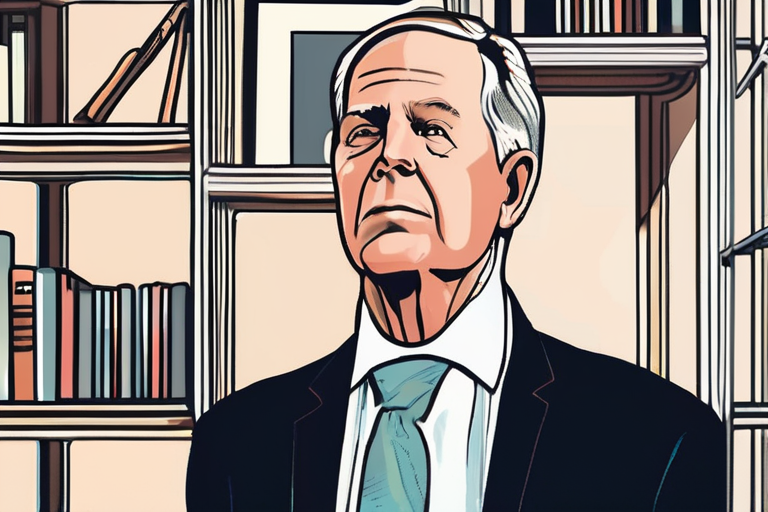

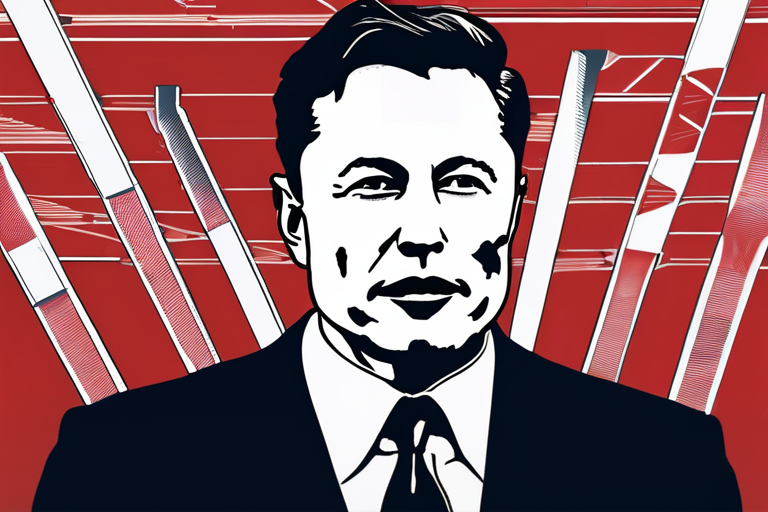


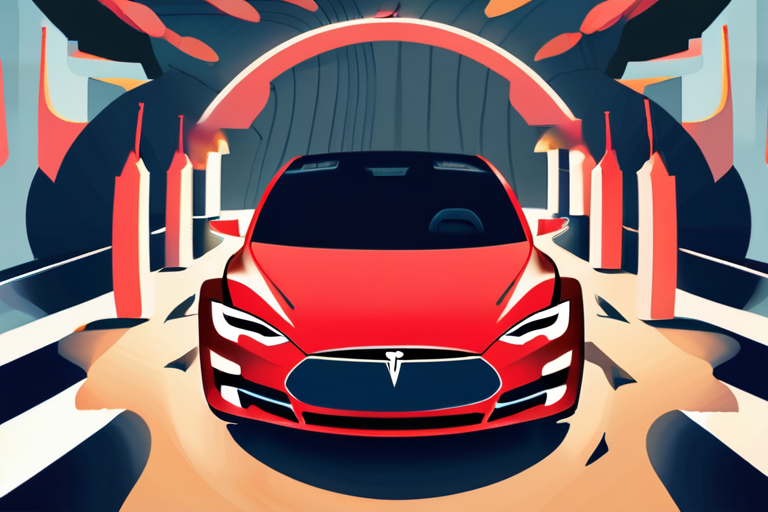

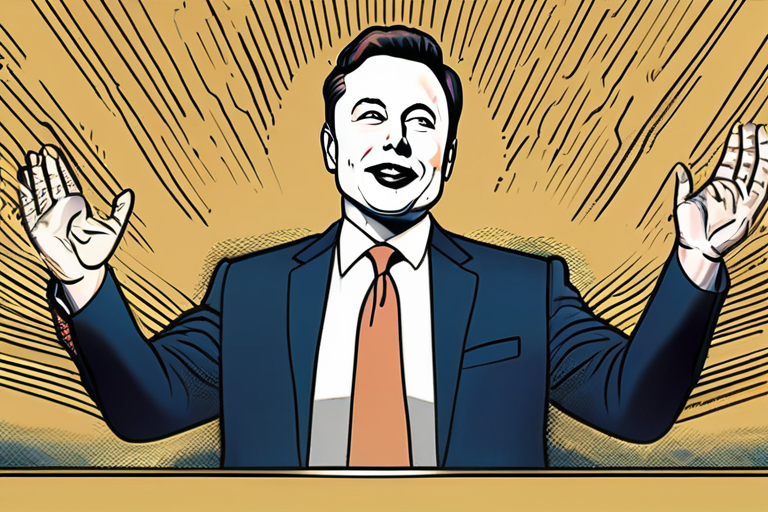




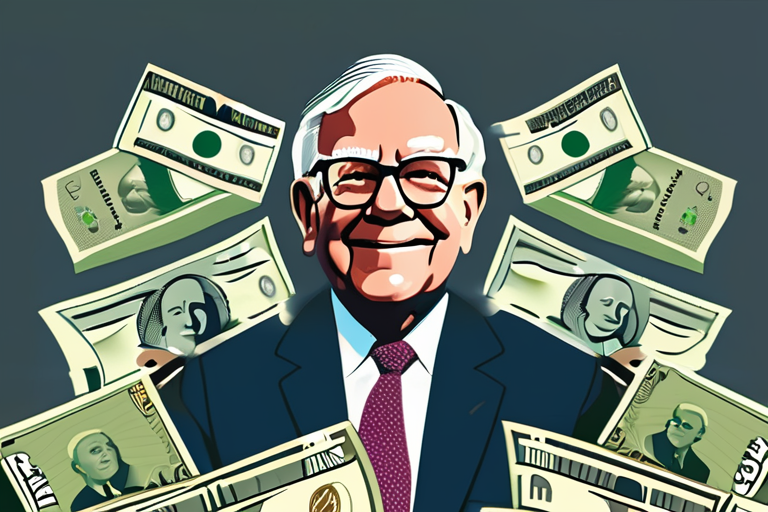

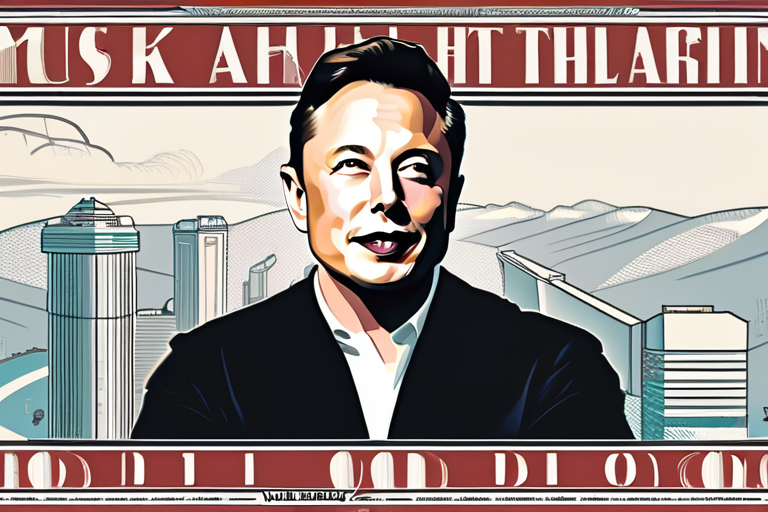

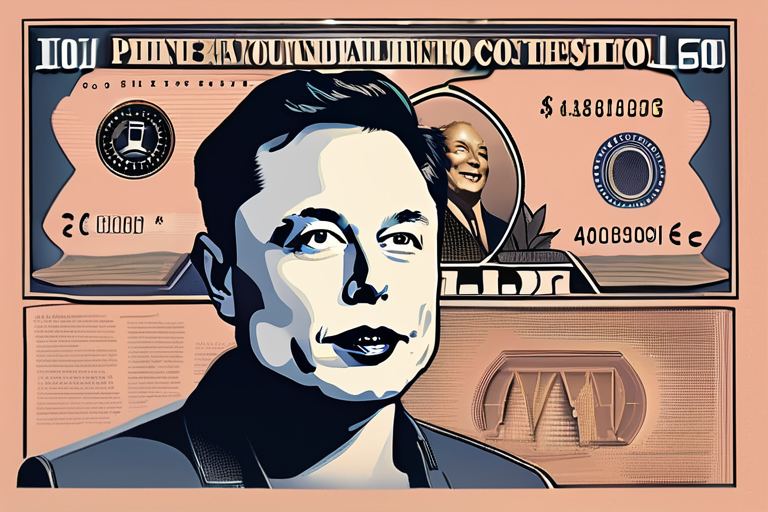




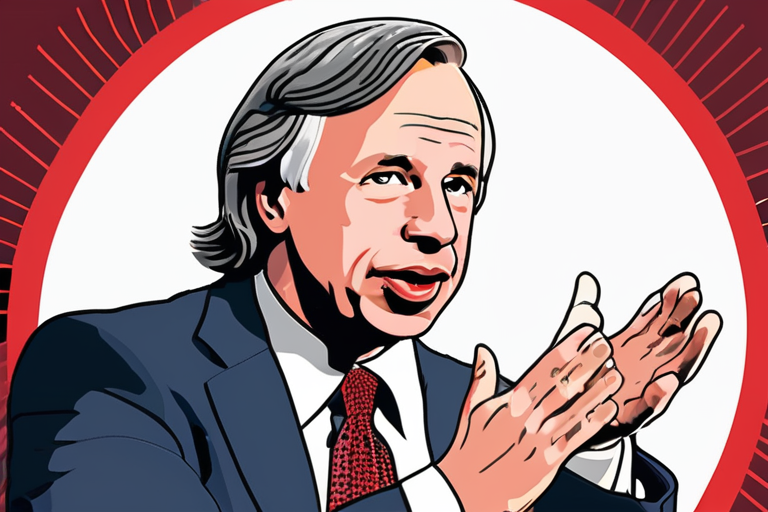
Share & Engage Share
Share this article